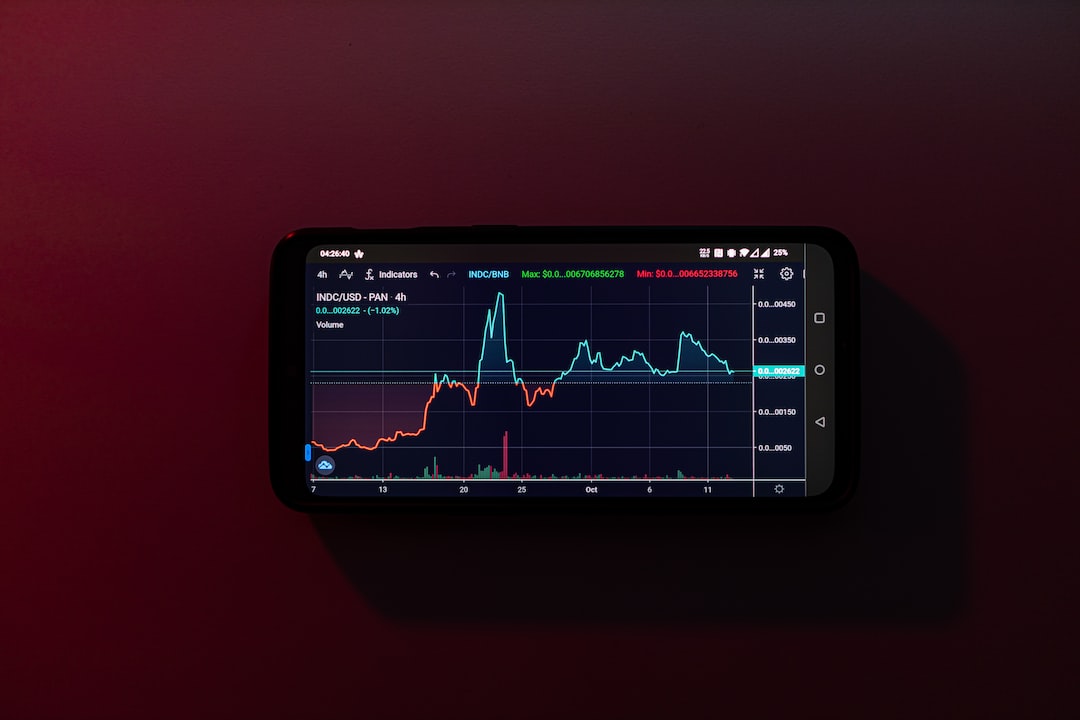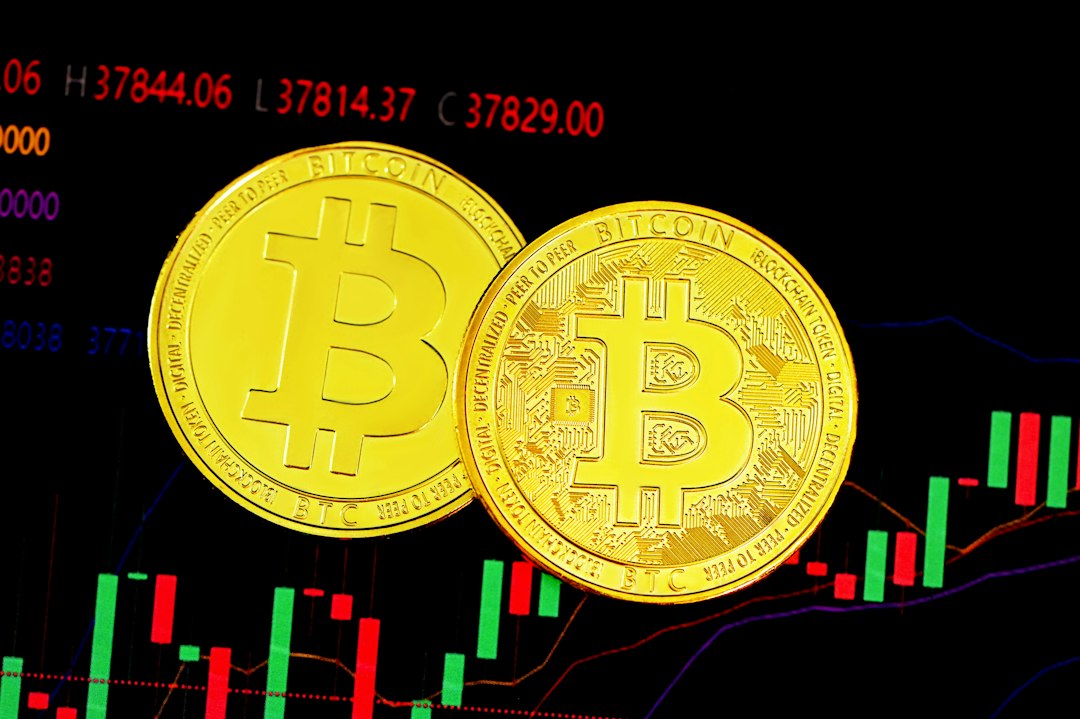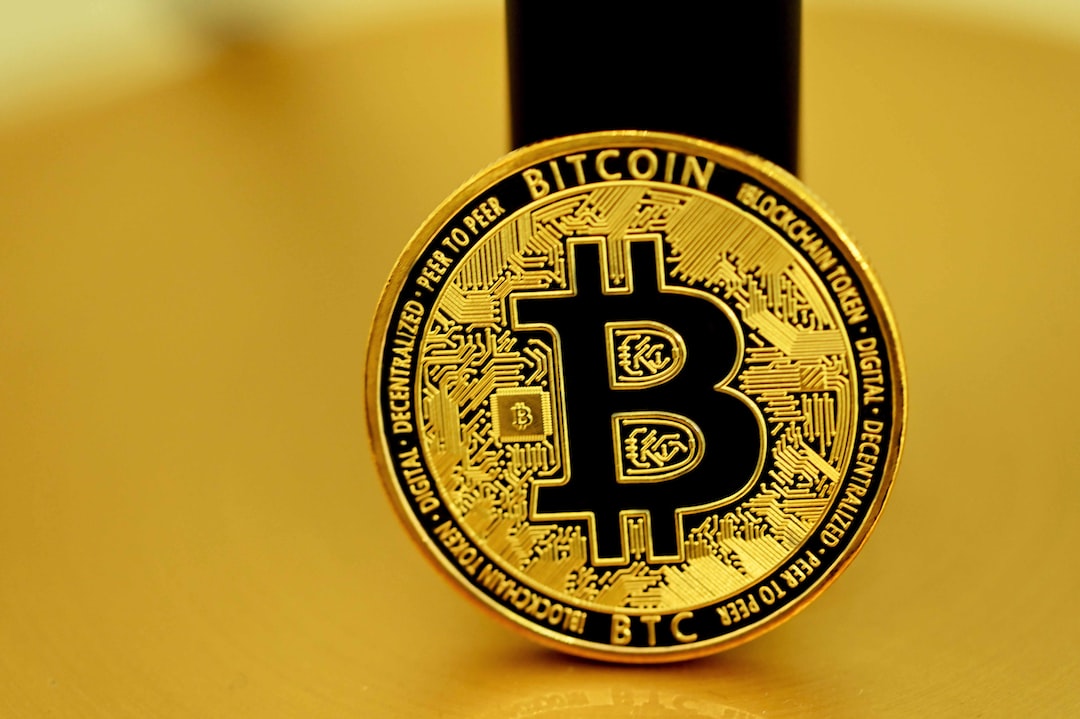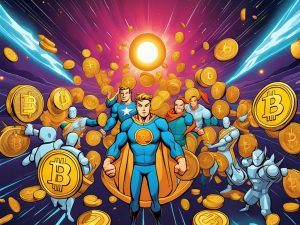Whale Alerts Reports 50% of XRP Supply Sent to Centralized Exchange
On Sunday, January 14, Whale Alerts, a platform that tracks and reports large transactions on various blockchains, shared an interesting transaction on the XRP Ledger. This particular transaction caught the attention of the crypto community as it showed that 50% of the total circulating XRP supply was being sent to the Bitfinex crypto exchange. The transaction involved a total of 25,601,477,777 XRP tokens, valued at over $14.85 billion at the time.
However, it was later discovered that there was an error in reporting this transaction. The Whale Alert code had misread the transaction and inaccurately represented the amount of tokens being sent to Bitfinex.
Implications of Such a Large Transaction
If the transaction had been authentic, it would have had significant implications for the XRP price. Sending tokens to centralized exchanges like Bitfinex often indicates a desire to sell, which puts selling pressure on the altcoin price and causes it to drop. In this case, if 25.6 billion tokens were sold on Bitfinex, it would have tanked the price of XRP to as low as $0.1 due to overwhelming sell pressure.
Fortunately, it turned out that the transaction was a failed attempt to hack Bitfinex using the “Partial Payments Exploit” attack. The attack was unsuccessful thanks to Bitfinex’s proper handling of the “delivered_amount” data field.
Hot Take: Failed Hack Attempt Prevents Potential Price Drop for XRP
The recent transaction that appeared to send 50% of XRP supply to Bitfinex caused quite a stir in the crypto community. If legitimate, such a large transaction could have had disastrous consequences for the XRP price, leading to a significant drop. However, it was later revealed that the transaction was a failed hacking attempt, which prevented any negative impact on the altcoin’s value. This incident highlights the importance of security measures in preventing potential price manipulation and the need for accurate reporting to avoid unnecessary panic among investors.





 By
By
 By
By
 By
By
 By
By
